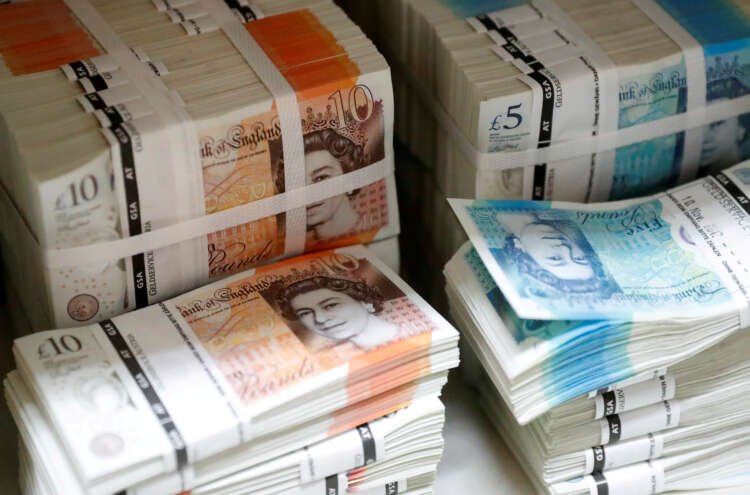Trading
Sterling rises after U.S. inflation jumps, ECB keeps stimulus flowing
Published by linker 5
Posted on June 10, 2021
1 min readLast updated: January 21, 2026

Published by linker 5
Posted on June 10, 2021
1 min readLast updated: January 21, 2026

Explore more articles in the Trading category











